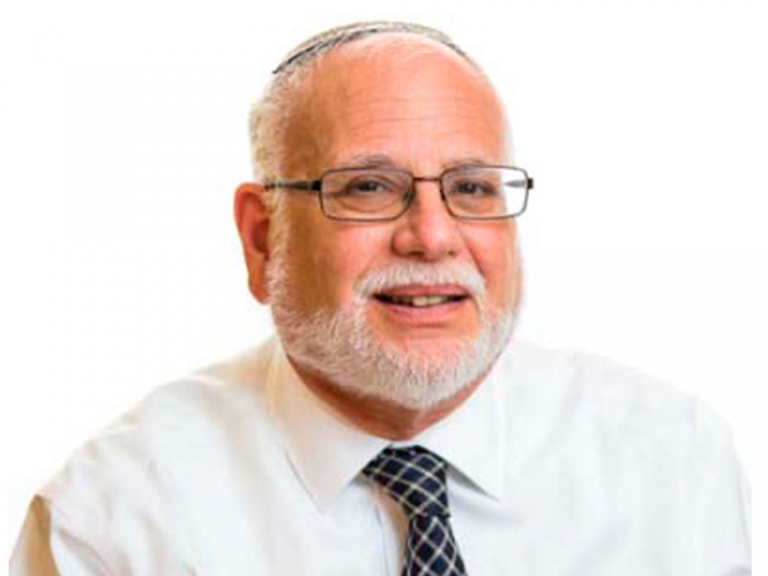D'var Torah by Dr. Kalman Stein, Interim Head of School

Dear Hebrew Academy Community:
Parashat Vayechi, which concludes with Yaakov’s blessing for each of his twelve sons, is a departure from the pattern of Yaakov’s father and grandfather. Both Avraham and Yitzchak had rejected a child, Yishmael and Esav, who was excluded from the family which would eventually become Am Yisrael. Yaakov could easily have done the same. Each of his three oldest sons, Reuven, Shimon, and Levi, had committed acts which gravely concerned their father and which might have understandably made them candidates for exclusion. Why did Yaakov choose to be inclusive and not exclude them? After all he had nine other sons to carry on the legacy.
Perhaps Yaakov realized that the time for spreading monotheism to the world, the task of Avraham and Yitzchak, had passed and it was time to look inward to the task of nation building, an inclusive rather than exclusive process. Or perhaps Yaakov believed that Avraham Avinu’s great-grandchildren were so thoroughly enmeshed in his religious tradition that it was inevitable that they would do Teshuvah.
I think that the answer is much simpler and much more instructive: Yaakov was the first of the patriarchs to think in terms of family; the first to understand that the family would be the cohesive factor in Judaism; the first to appreciate that more often than not it is loyalty to one’s family that binds us to their tradition. We all have seen families tear themselves apart, sometimes irreparably, over religious differences, too many families who have rejected a son or daughter who has chosen to move radically away—in either direction—from the family’s religious ideology and lifestyle. Perhaps Yaakov’s message to us was that family is so important that we should never allow it to be destroyed by religious differences.
Dr. Kalman Stein
Interim Head of School

